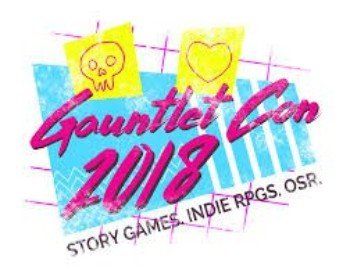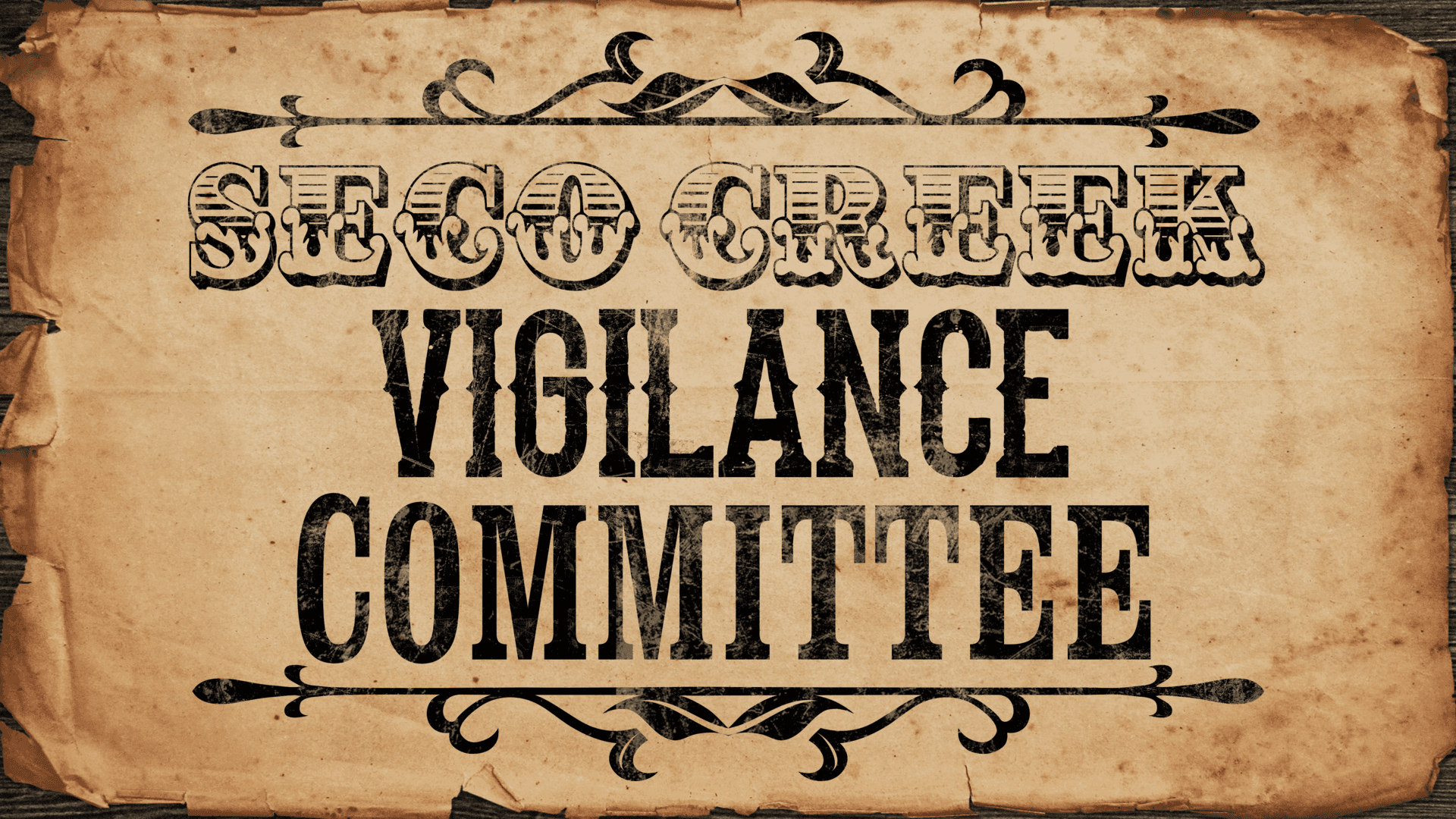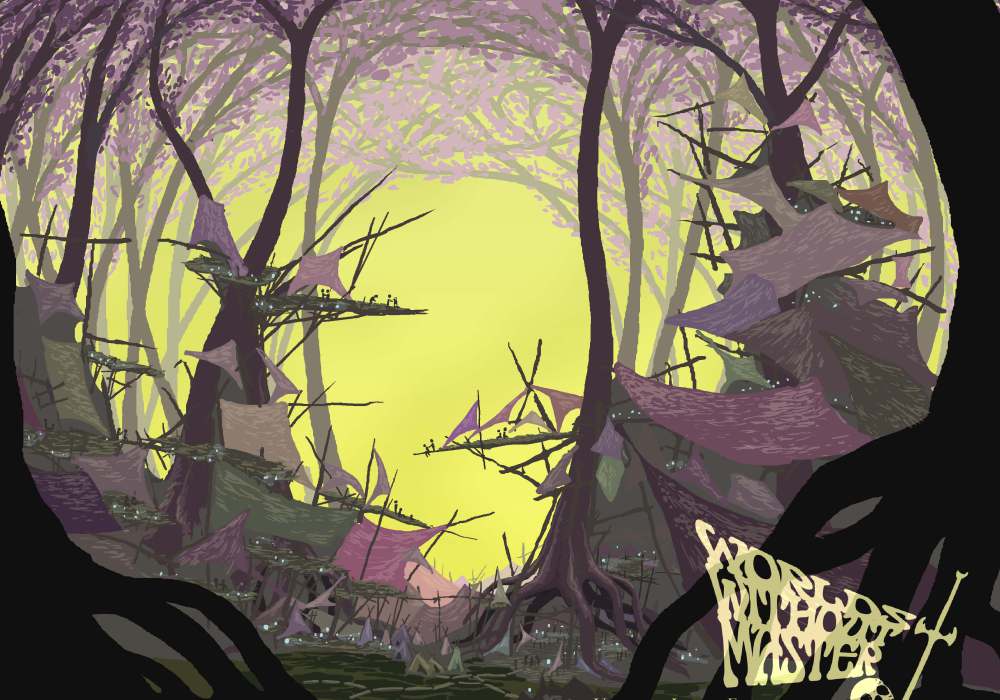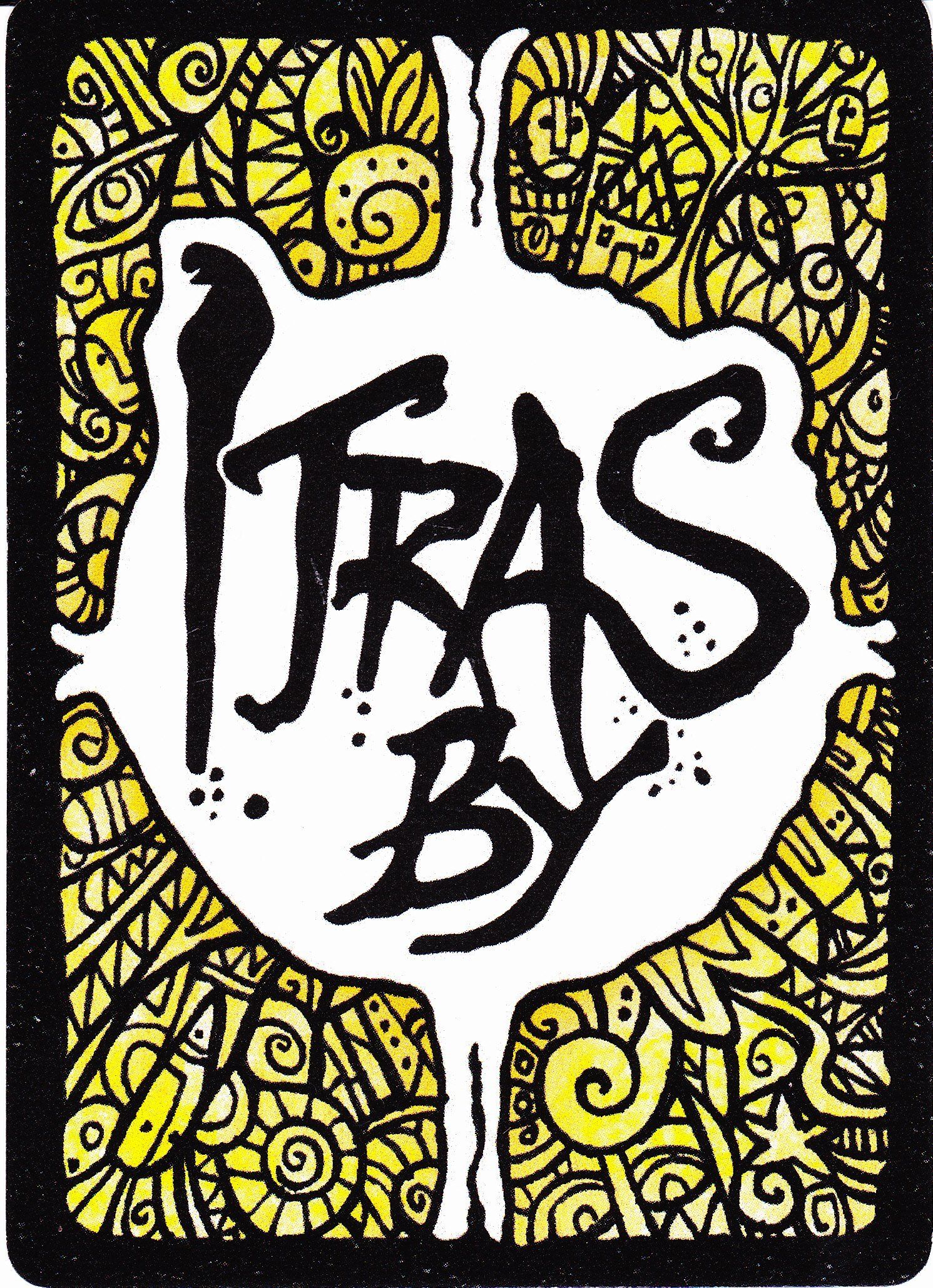Unfun Games
- By keithstetson
- •
- 26 Nov, 2016
- •

A game of colonialism and its consequences. As a group, you work together to describe one of the hundreds of small islands in the Pacific Ocean, defining the customs of the natives and the mores of the outsiders arriving to claim it. One player then assumes the role of the Occupation force, playing their capable military, their quisling government, and whatever jaded tourists and shrewd businessmen are interested in a not quite pacified territory. All the others play individual Natives, each trying in their own ways to come to terms with the new regime. The game begins when the war ends. Through a series of scenes, you play out the inevitably conflicted relationship between the two parties, deciding what the colonizers do to maintain control, which natives assimilate and which run amok, and who ends up owning the island in the end. The game will come in the form of a book, with the full rules, author’s notes that explain the design process, and a brief historical overview of colonization in the Pacific.



If you know me, you likely know I love Epidiah Ravachol’s sword and sorcery RPG Swords Without Master and have run and played it dozens of times. Based on a suggestion by Michael Miller, I decided to take my relationship with Swords to the next level and run three interconnected sessions of if at the recently concluded Dexcon. My pitch was as follows:
Swords Without Master; "Anthology" by Dig a Thousand Holes Publishing; presented by Keith Stetson. An INDEPENDENTLY PUBLISHED GAME - Part of the Indie Games Explosion! Sundered from us by gulfs of time and stranger dimensions dream ancient worlds and ancient tales. Take up sword and staff, pen and ink, and inscribe your own tale in the Anthology. These stories written on air will be composed by us over a series of three linked gaming sessions. Play one session to play a short story; play them all for the full Anthology.
While we did roll Jovial several times, Glum predominated as I detail in my after action report.
- Problems with players getting into multiple sessions.
Each of my three sessions of Swords had four seats at the table. My ideal set-up would have been two folks who played in all three games, one person who played in two, and four folks who popped into one game each. What I had in actuality was one person in two sessions and ten folks who played one game each. Not even close.
Part of this issue arose from the fact I didn’t flag explicitly enough in the description that this was a continuing game. I said it clearly, but the way folks read these descriptions you have to shout. The problem with that is if I shouted too loudly, people would think it was an all or nothing affair, which is leaning too far in the other direction.
Another part of this issue arose from how Double Exposure cons do their scheduling. It’s unique, and quixotic, and well discussed elsewhere. Suffice to say, I had several folks come up to me and say “I signed up for all your sessions and only got into one,” and suchlike.
This situation didn’t hurt our story too much; after all, it was conceived as an anthology. The main problem with how this worked out is I had to teach the game in depth at every session. For a game like Swords that has a serious learning curve, this was draining. Added to the other draining factors (see next bullet point), and I left the con properly soured on Swords. I know, me soured, what?
- Teaching, then re-teaching, then re-re-teaching...
My paying job is as special education teacher, so I definitely understand that re-teaching is going to be required when any novel concept is presented. What I didn’t understand was that (1) I would have to do more initial teaching than expected (see above) and (2) some folks would be resistant to learning.
I mentioned above there were several draining factors to the Anthology, and the second major one was the players who weren’t playing by the rules. I don’t mean that they were cheating necessarily, just that they couldn’t - or wouldn’t - abide by Swords’ strict narration guidelines. By this I mean taking definitive action and narrating for characters other than their Rogue without tossing the dice, as well as inserting enough slipping and struggling to take chunks of time from the spotlight player. Some folks needed a gentle reminder to not do this; others didn’t stop.
There was a domino factor to this, where folks realized that they weren’t going to get the dice again for a while and when they did they’d be spoken over, so they hung on to narration as long as they could. The only rational response to that for other Rogues was to do that same, and we ended up in a narration escalation. The third game of the con lasted for four and a half hours. We weren’t aiming for speedruns, but I was hopeful to get two tales in a slot, or at least head to the bar early. Instead, I ended up exhausted and empty.
- The map phase has potential.
When I posted on Google Plus about running the Anthology, Eppy sent me the rules for (parts of?) a new phase called the Chronicler Phase. I wanted to have a map as a touchstone for our Rogues and this phase promised to create one. It essentially works as a Rogues phase, but instead of demands about other players’ Rogues, you make demands about the map. “Draw for us the walking castle of Count Oglethorpe.” “Tell us of the burial practices of the Sky Wardens.” “Define for us the sigil to warn traveller’s of sorcerous routes.”
The phase created a very fruitful map for us that directly influenced our Rogue creation as well as our Tale. However, given how new the players were to Swords, it was a bit of heavy lifting right there at the beginning, especially as the Chronicler Phase has Stymies, Mysteries and Morals that don’t function exactly the same as in the other Phases. Still, I found this a useful procedure and was glad to have it.
- Both our tales and our tome were compelling.
Despite our difficulties, the big experiment of the Anthology was a success. Each individual session had a (more or less) satisfying tale, and there was an overall arc to all the tales that would make a decent novel.
In session one, we had a griffin Rogue, who had come West to see what was happening to his people’s disappearing eggs. Turns out they were being ground up and snorted for their narcotic properties. That must have been an awkward report to the griffin kings.
In session two, a party went East to griffin lands to patch things over with the griffins. Instead, they poisoned one of the triumvirate of kings and set the two great species on the brink of war.
In session three, another party went East as an advance party for an assault and ended up meeting with all three griffin kings (deceased included), before the purest-hearted of them got a seat on the griffin council and held hostilities at bay… for now.
- So would I do it all again?
I learned a lot from this experiment: both about myself, and about the game. But ultimately, no, I would not do it again. At least not at a convention where scheduling practices could cause me to have to teach the game so repeatedly. Swords is not simple to pick up, and the process of teaching it over and over left me limp. However, I would certainly run Swords as a campaign given the right group of players. And, you know, given time to recuperate from this experiment!
.








